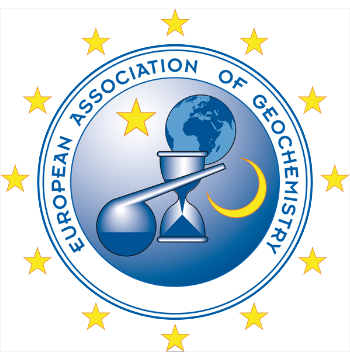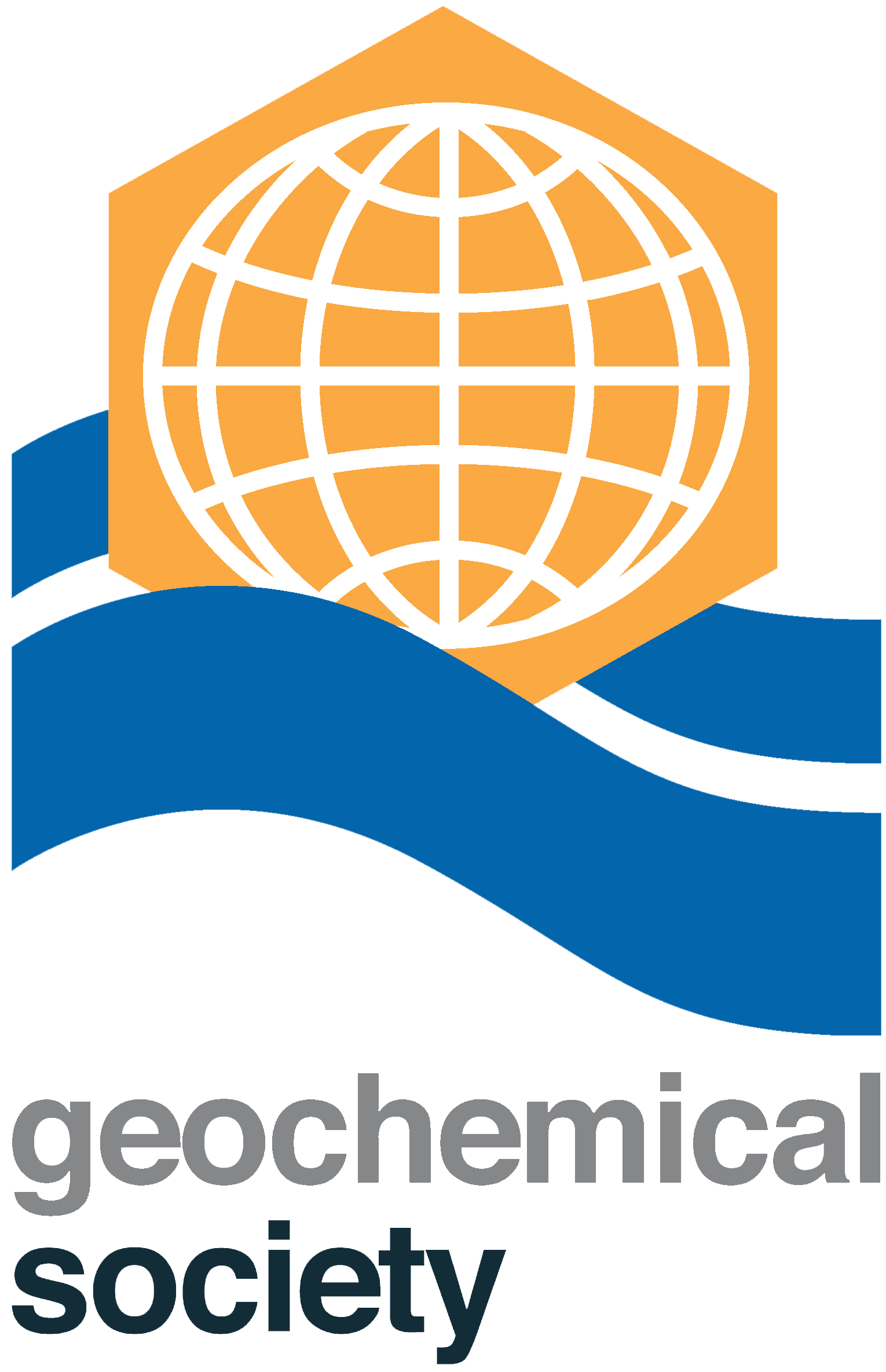Instructions
Please read the instructions below before submitting.
- How to submit
Abstracts may only be submitted online via this page (not emailed or posted). It is possible to submit an abstract on behalf of someone else. - Presenting author
Each author may be the presenting author of only one standard abstract submitted to Themes 1 to 13.
Exceptions:
- All authors may present a second abstract in Theme 14: Cross-cutting Theme: Geochemistry for Sustainable Society
- Keynote and medalist speakers may present a second abstract. - Co-authors
All authors you list on an abstract must have approved the submission. Do not list authors who have not approved the submission. - Conference attendance
Please indicate whether the presenting author plans to attend the conference in-person or remotely. Please see here for full information about in-person and remote presentations. - Abstract content
No template is necessary. Abstract text is limited to 350 words (text and references; not including title, authors or affiliations). Equations and up to two tables or photographs or figures may be added: two files can be uploaded with the abstract text (accepted formats: .png or .jpg). Note: Please avoid transparent backgrounds in uploads (set to white if no color). - Abstract fee
To complete your submission, a non-refundable fee of €100 is due for every abstract except for abstracts submitted to Theme 14 (i.e. abstracts to Theme 14 are free of charge). The abstract submission fee is only payable by credit card. - Presenting author registration
The presenting author of an abstract must register for the conference by 21 May 2025. If payment of the registration fee has not been received by that date, the abstract will be removed from the program and the abstract fee will not be refunded. - Grant applications
Grant application is part of the abstract submission - read more about the Grant Program. Delegates applying for a grant do not need to pay the abstract fee at the end of the submission process. - Archiving
After the conference, abstracts will be published with DOI in the Goldschmidt archive website, where they can be searched alongside all other Goldschmidt abstracts since 2000. - TO SUBMIT AN ABSTRACT NOW:
First click on the theme of your choice from the list below, then click on the session you wish to submit to. Then click on the 'Begin Submission' button. If you are not already signed into 'My Goldschmidt', you will be prompted to sign in using your email address and password. If you do not already have a My Goldschmidt account, you will be able to create one; if you have forgotten your password you will be able to reset it. - After the abstract deadline
Your abstract submission will be reviewed by Session Conveners after the Call for Abstracts deadline, and the presenting author will be informed of the status of the submission within 5 weeks. Please note that all post-deadline communications, including reminders, acceptance and scheduling, will be addressed to and sent to the presenting author.
The abstract submission deadline is 26 February 2025 (23:59 CET/UTC +1).


